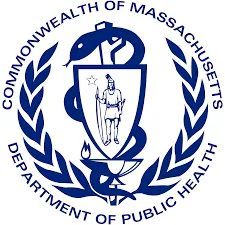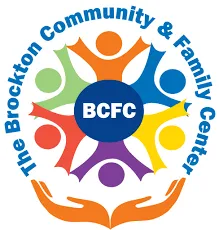Careers
Heart of a Giant Foundation
HGF
Join the HGF Team
Thank you for your interest in a career with us! Although we don’t have any current job openings, we are always on the lookout for talented individuals to join our team.
Please feel free to share your resume and profile with us via the form below, and we’ll keep it on file for future opportunities. When a position matching your skills and experience becomes available, we’ll be sure to reach out to you.
Thank you for considering us as your next career move. We look forward to potentially working with you in the future!
News and Insights
Disclaimer:
The information shared on this page is not intended to replace professional medical advice. Always consult with a healthcare provider for any medical issues.

10 WAYS YOUR DIET CAN HELP YOU MAINTAIN GOOD HEART HEALTH
When it comes to maintaining a healthy heart, diet plays a crucial role. What we eat directly impacts our cardiovascular health, and making smart food choices is essential for anyone looking to improve or maintain their heart health. By understanding the link between diet and heart health, we can make informed decisions about food intake and how to adopt a heart-healthy lifestyle.
1. Emphasize Balance
A balanced diet is the foundation of good heart health. Opt for a variety of nutrient-dense foods, including fruits, vegetables, whole grains, lean proteins, and healthy fats. These foods provide essential vitamins, minerals, fiber, and antioxidants that support cardiovascular health.
2. Choose Heart-Healthy Fats
Replace saturated and trans fats with healthier fats, such as monounsaturated and polyunsaturated fats. Include sources like avocados, nuts, seeds, fatty fish (salmon, mackerel), and olive oil. These fats can help lower bad cholesterol levels (LDL) and reduce the risk of heart disease.


Photo by Foodie Factor
3. Limit Sodium Intake
Excessive sodium consumption can contribute to high blood pressure, which, as we know, is a major risk factor for heart disease. Read food labels and opt for lower-sodium options. Use herbs, spices, and other flavorings to enhance the taste of meals instead of relying on salt.
4. Reduce Added Sugars
High intake of added sugars has been linked to obesity, diabetes, and heart disease. Minimize consumption of sugary beverages, processed snacks, and desserts. Instead, choose naturally sweet and delicious options like fresh fruits.
5. Increase Fiber-Rich Foods
Fiber helps reduce cholesterol levels and maintain a healthy weight. Include whole grains, legumes, fruits, and vegetables in your daily meals to boost fiber intake. These foods can provide a sense of fullness and support overall heart health.
6. Control Portion Sizes
Speaking of fullness, be mindful of portion sizes to avoid overeating. Eating larger portions can lead to weight gain and increase the risk of heart disease. Use smaller plates, practice mindful eating, and listen to your body’s hunger and fullness cues.


Photo by Ella Olsson
7. Limit Processed and Fast Foods
Processed and fast foods tend to be high in unhealthy fats, sodium and added sugars. These can contribute to weight gain, high blood pressure, and other cardiovascular issues. Minimize consumption and choose homemade meals using fresh, whole ingredients whenever possible.
8. Stay Hydrated
Adequate hydration is vital for heart health. Opt for water as your primary beverage choice and limit sugary drinks or excessive caffeine intake. Proper hydration supports overall cardiovascular function and helps maintain optimal blood pressure levels.
9. Moderate Your Alcohol Consumption
If you choose to drink alcohol, do so in moderation. Excessive alcohol consumption can raise blood pressure and contribute to heart disease. Stick to recommended limits: no more than one drink per day for women and up to two drinks daily for men.


Photo by Jane Doan
10. Consult with a Healthcare Professional
Consider consulting with a registered dietitian or healthcare professional for personalized dietary advice and guidance. They can assess your individual needs and help tailor a heart-healthy eating plan that suits your preferences, lifestyle, and medical profile.
Remember, maintaining a healthy heart requires a holistic approach that includes regular physical activity, stress management, and avoiding tobacco use. By incorporating these dietary recommendations and making informed choices, you can take positive steps towards feeling great and optimizing your heart health and your overall well-being.
Testimonials
The Heart of a Giant Foundation, Inc. is a 501(c)(3) nonprofit organization, EIN 84-2900386. Donations are tax-deductible.





























